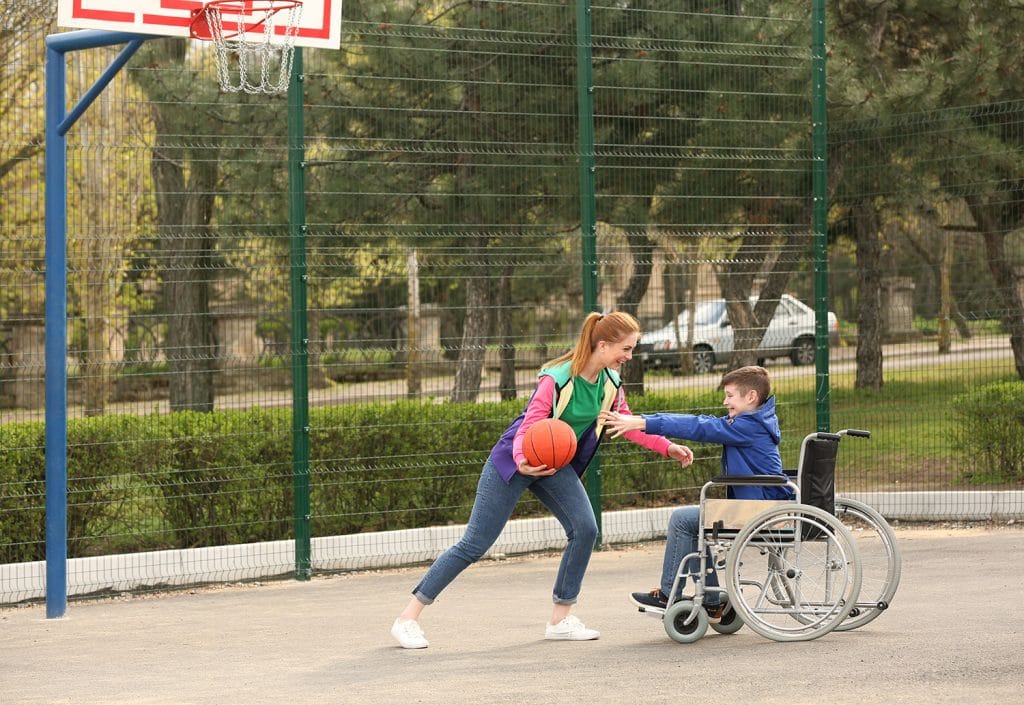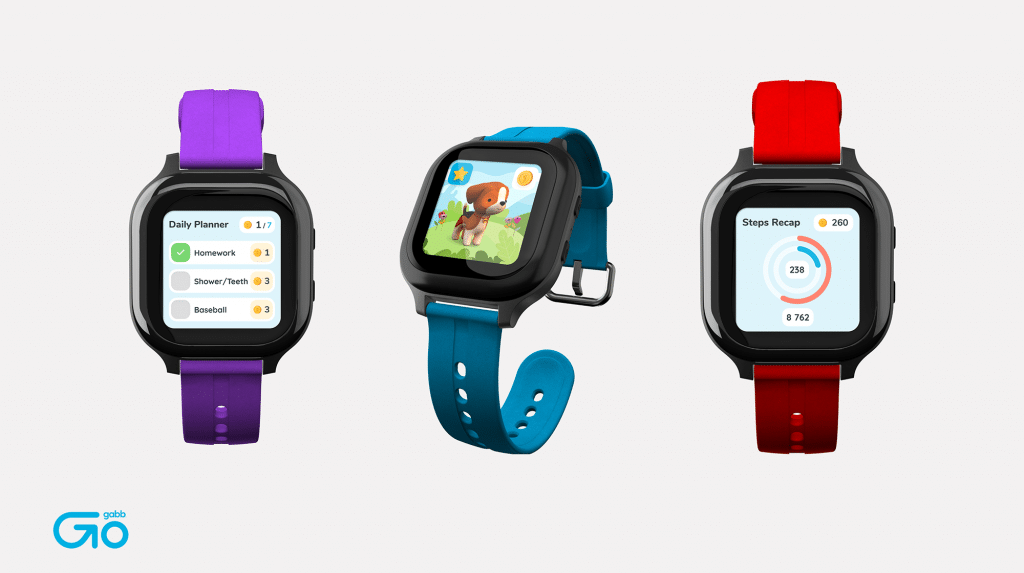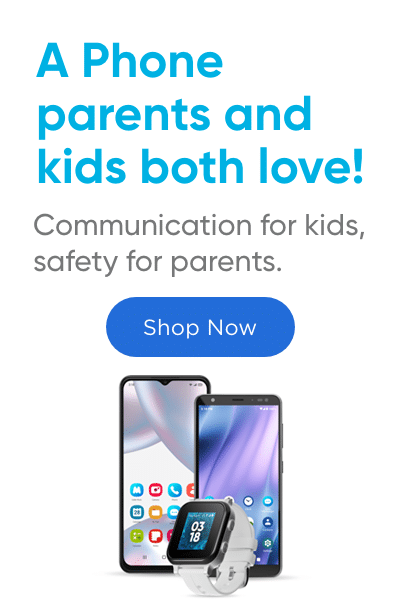How Can I Motivate My Child?
Find out how you can motivate your kids to do great things
DEC 08, 2021
How Can I Motivate My Child?
Find out how you can motivate your kids to do great things
Intrinsic & Extrinsic Motivators
What parent hasn’t faced frequent bedtime battles or debates around the dinner table? Regardless of your child’s age, one of the hardest parenting tasks is motivating them to do things they don’t want to do but are good for them. Human beings typically perform tasks because they either gain personal satisfaction (intrinsic motivation) or receive an external reward (extrinsic motivation) (Emerging Leaders, 2021). For example, extrinsic motivators can either be real (a trophy or good grade) or perceived (attention or verbal praise). Simply put, intrinsic motivators are internally driven while extrinsic motivators come from outside a person.
Parenting & Motivation
Encouraging kids to seek satisfaction from a job well done can be challenging. Extrinsic rewards are much easier to manage but not nearly as impactful. Current research gives us a better understanding of motivating children in healthy and effective ways.
Bargaining Bust

Extrinsic motivation relies on a bartering system—”Be on time for swim team practice every day this week, and I’ll buy you a new swimsuit.” Extrinsic rewards aren’t always the best way to inspire good habits. As kids become dependent on trades for motivation, they lose the ability to act independently. It takes increasingly bigger punishments and rewards to inspire action (Comeau, 2019, p. 706). Resistance to change is especially problematic for behaviors that require a lot of time or commitment—playing music, learning a language, excelling in school, or participating in sports.
Fostering Intrinsic Motivation
A parent can cultivate intrinsic motivation by showing children what it feels like to achieve a goal—”You were on time every day this week! How did that make you feel? You can do this!” Over time, kids will learn to recognize that feeling of accomplishment and seek it out.
Human behaviors are motivated by three kinds of basic psychological needs: autonomy, competence, and relatedness.
—Dr. Xiuhan Li, Department of Teacher Education and Learning Leadership, Central China Normal University
What Motivates Kids?
Children ages 6-12 are primarily motivated by how much fun they perceive a given task will be (Domville et al., 2019), but we can help them develop internal motivation. Children thrive in a self-determination environment characterized by relatedness (having a sense of connection to others), autonomy (having a sense of capability), and competence (knowing you can do the job) (Domville, et al., 2019).
In practical terms, kids should be more motivated to perform tasks or adopt behaviors by increasing perceived choice, connection, and competency. Research repeatedly supports this theory—whether it involves learning an instrument (Comeau et al., 2019), becoming more physically active (Domville et al., 2019), developing a love for reading (Li & Chu, 2021), eating healthier, or drinking more water (Smit et al., 2021). Kids can be internally motivated to adopt healthy habits and sustain progress if we provide them with these experiences.

Autonomy
Autonomy describes having a voice in your life, the ability to make independent choices. When a child self-directs decisions, motivation increases (Smit et al., 2021, p. 3). This can look like a child choosing the instrument they would like to play, the language they enjoy learning, or the vegetable they would like to have for dinner. You can use autonomy to prioritize chores, determine when to practice an instrument, and even choose what to wear. As you give your kids more choices, consider that autonomy is most effective when given within boundaries (Domville et al., 2019).

Products like Gabb Go, standard on the Gabb Watch, help bring fun to task completion and teach kids the satisfaction that comes from a job well done.
Relatedness
Knowing you are connected to something greater than yourself is relatedness. Parents can facilitate relatedness by connecting kids to other kids. For example, a child who doesn’t enjoy being on a soccer team would likely benefit from playdates with other team members. She’ll feel more connected to the team and more motivated to play as she makes friends.
Relatedness isn’t limited to connecting with peers, other people, or even living things. It can be about connecting with abstract concepts, like motivation and accomplishment (Comeau et al., 2019, p. 706). A child may feel more attached to chores if they receive a virtual allowance to buy toys or treats for their virtual pet. While actual money is an extrinsic reward that can decrease motivation over time (Ryan & Deci, 2000), using earned virtual coins to enhance the perceived life of a virtual pet can encourage motivation by reinforcing their relationship with the pet, boosting their sense of responsibility.

Competency
Competency is feeling you can perform a task effectively—or at least knowing you will one day have the ability to do so. You can help your kids feel more confident in their abilities by providing structure and offering support (Domville et al., 2019). Deliver structure by establishing clear expectations, demonstrating the task, or giving tailored feedback. When kids understand what success looks like, they are more likely to achieve it.
You can offer support by encouraging or giving small ‘wins’ that align with the child’s sense of identity or purpose. Share specific actions your child did well during dance practice, or help fund their lemonade stand after they’ve planned one. As your child knows that you’re in their corner, they will be able to accomplish more than they could on their own.
Building Independence
Check out these possibilities to boost your child’s sense of autonomy, relatedness, and competency.
Autonomy
Looks like you’ve got some homework. Which order will you follow?
Relatedness
We’re going to take dinner to our neighbor who just had a baby. What should we bring? You can choose, and I’m putting you in charge of the cooking. I’ll be your sous chef! Let’s make sure we deliver it together.
Competency
That Lego setup is awesome! You’re on your way to building that expert set you love.












Success!
Your comment has been submitted for review! We will notify you when it has been approved and posted!
Thank you!